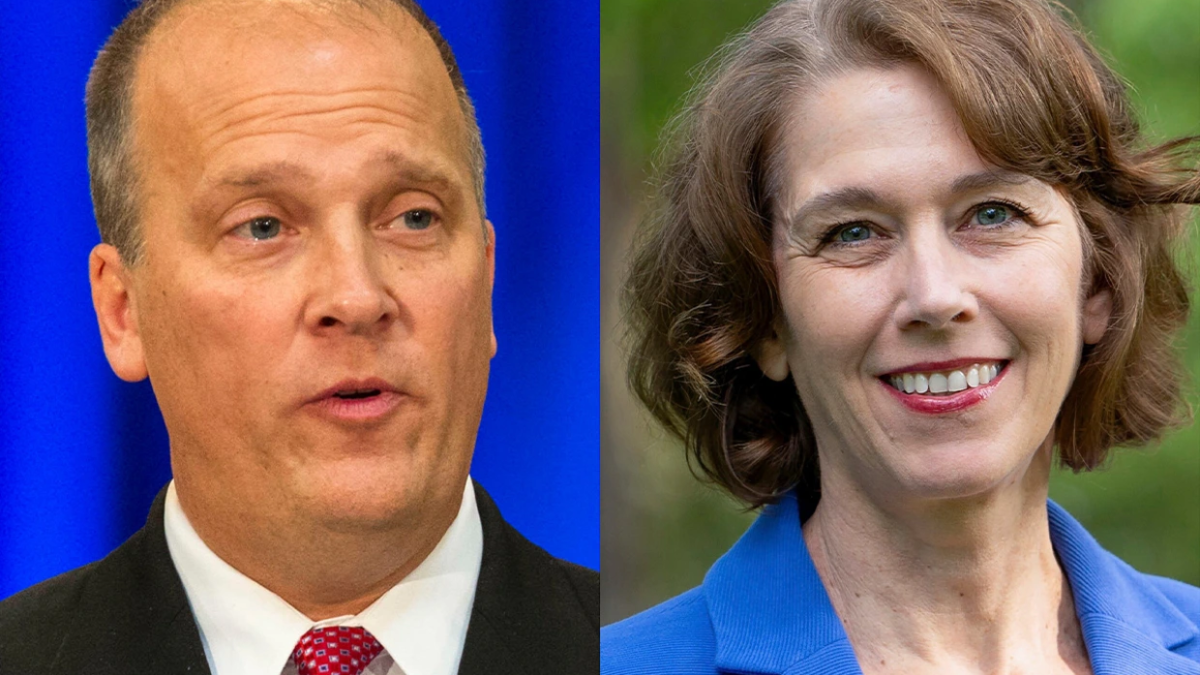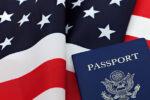The upcoming Wisconsin Supreme Court race is drawing national attention as it could have far-reaching implications for the state’s election laws. With a closely divided court, the outcome of this election could determine how voting rights, redistricting, and election-related legal challenges are decided in the years ahead. Wisconsin, a key battleground state in presidential elections, has seen intense legal battles over election procedures, making this judicial contest a focal point for both political parties.
Why This Election Matters
Wisconsin’s Supreme Court consists of seven justices, and currently, conservatives hold a narrow majority. However, the upcoming election could tip the balance of power. If a liberal justice wins the seat, it could lead to significant changes in how the court rules on election laws, including voter ID requirements, mail-in ballot regulations, and redistricting cases. Conversely, if conservatives maintain their majority, existing laws and legal precedents are likely to remain intact.
One of the most contentious issues in recent years has been Wisconsin’s electoral map. In past rulings, the court has upheld legislative maps drawn by Republicans, which some argue favor their party. A shift in the court’s composition could open the door for legal challenges that might lead to redistricting reforms, potentially reshaping the state’s political landscape.
Key Issues at Stake
Several election-related topics are expected to come before the Wisconsin Supreme Court in the near future:
- Voter ID Laws – Wisconsin has strict voter ID requirements, and past rulings have upheld them. A liberal-leaning court could revisit these laws and potentially make changes.
- Mail-In Ballots – The state saw a surge in mail-in voting during the COVID-19 pandemic, leading to disputes over ballot drop boxes and deadlines. Future court decisions could impact how accessible mail-in voting remains.
- Redistricting Challenges – Wisconsin’s legislative maps have been a point of contention, with accusations of gerrymandering. A shift in the court’s ideology could lead to new rulings on redistricting lawsuits.
- Election Administration Disputes – Cases regarding the role of local election officials, ballot certification, and election security could all be influenced by the court’s future makeup.
National Interest and Political Influence
Given Wisconsin’s role as a swing state, both Republicans and Democrats are heavily invested in the outcome of this judicial race. Political action committees (PACs) and advocacy groups from across the country have already begun pouring money into campaign ads and legal efforts.
Organizations focused on voting rights and election integrity see this race as a crucial battleground for shaping national election laws. For example, conservative legal groups have supported efforts to uphold strict voting regulations, while liberal groups are advocating for expanded voting access and potential redistricting reforms.
According to The New York Times, Wisconsin has become a testing ground for broader legal battles that could influence national policies on elections. For more insights, visit The New York Times.
What’s Next?
As Wisconsin voters prepare to cast their ballots, both sides are ramping up their efforts to mobilize supporters. Debates, endorsements, and legal challenges are expected to shape the final weeks of the campaign. The race is expected to be close, and the outcome could have lasting implications for election laws not just in Wisconsin but across the country.
With high stakes and national attention, the Wisconsin Supreme Court race is more than just a judicial contest—it is a battle over the future of democracy in the state and beyond.
Disclaimer – Our team has carefully fact-checked this article to make sure it’s accurate and free from any misinformation. We’re dedicated to keeping our content honest and reliable for our readers.








